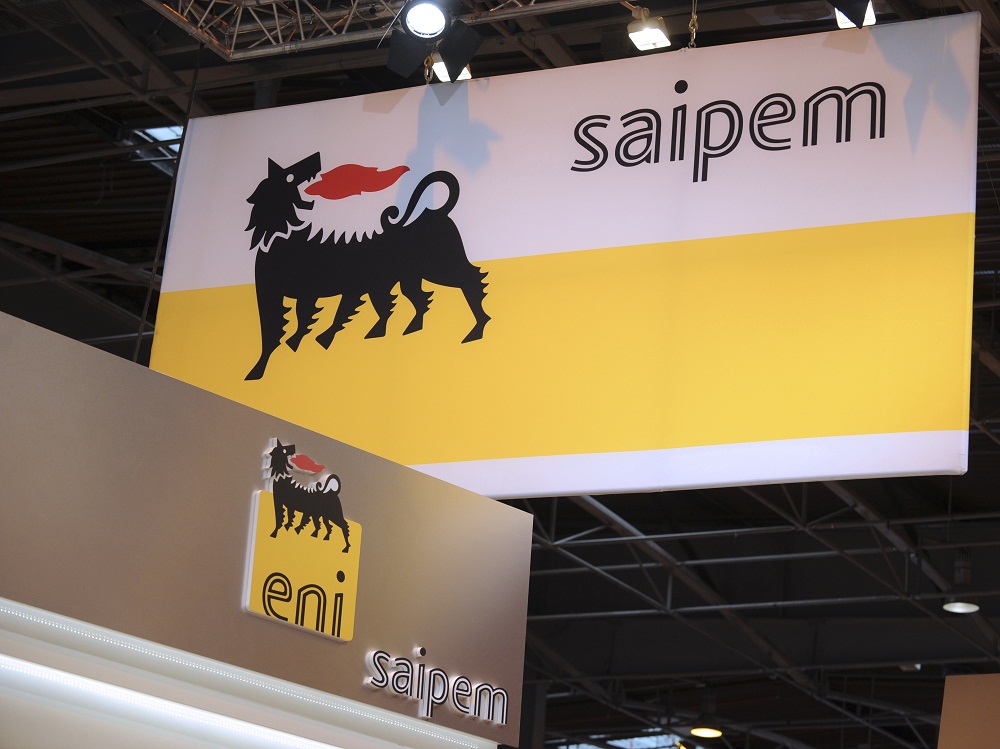A new agreement signed between ENI (the Italian multinational oil and gas company) and Conoe (National Consortium for the Collection and Treatment of Waste Oil) was recently signed introducing outstanding landmarks in green economy. The agreement establishes the use of fried oil as biodiesel fuel in ENI refineries in Venice and in Gela.
The Italian company – which is present today in more than 90 countries in the world – was created by the Italian government in 1953. It became a private company in 1992 and, over the decades, it established its presence on the international scene as the 6th world most important oil group, only behind Exxon Mobil, Shell, BP, Total e Chevron. Currently, Eni is led by Emma Marcegaglia (president since May 2014) and Claudio Descalzi (CEO since May 2014 as well).
As explained by Ansa, the use of vegetable oil presents a number of advantages. Firstly, it will reduce the CO2 emissions of refineries; secondly, it will decrease the emission of fine dust deriving from fuel and it will eliminate the problems concerning the use of oils in depuration plants. The green diesel produced will be part of the Eni fuel diesel premium, constituting 15% of Eni Diesel+.
The Italian Minister of Environment, Gian Luca Gallenti, took part in the signature of the agreement and made a positive comment on the initiative: “This agreement is not only helpful to reduce the greenhouse gases emissions, but it also shows how it is possible to set up virtuous mechanisms of circular economy not only in the green economy, but also to other originally ‘non green sectors’ like the fuel one”.
Undoubtedly, Eni has undertaken a process of transformation, adopting green practices and adjusting to international requirements concerning emissions and pollution, confirmed by the company’s will to convert both of its plants in Venice and Gela from sites of production of traditional fuels into biofuels.
Follow @castaritaHK

